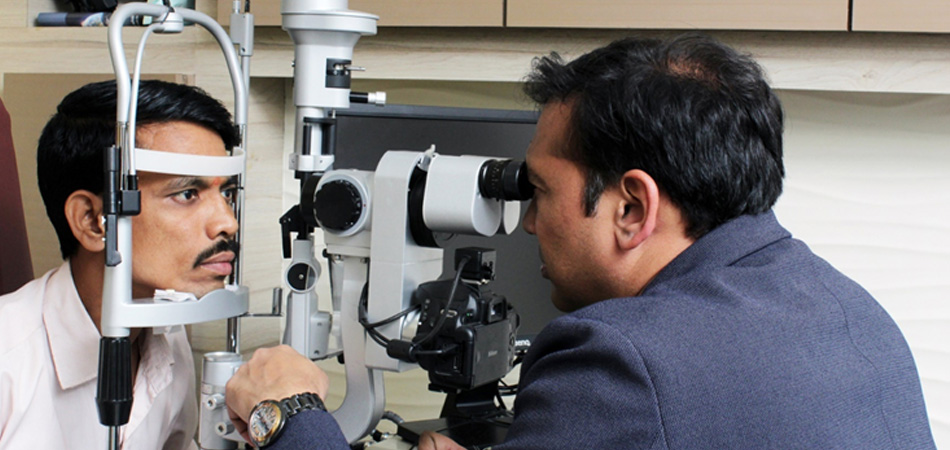


An eye checkup, also known as an eye examination or eye exam, is a comprehensive evaluation of the health and function of the eyes. It's important to undergo regular eye checkups to maintain good vision and detect any eye conditions or diseases early, when they're most treatable.
Medical history: Your eye care provider will start by asking about your medical history, including any existing eye conditions, family history of eye diseases, medications you're taking, and any symptoms you may be experiencing.
Visual acuity test: This test measures how well you can see at various distances using an eye chart. You'll be asked to read letters or symbols on a chart while standing at a specific distance.
Refraction test: This test determines your prescription for glasses or contact lenses. You'll look through a series of lenses while providing feedback on which ones help you see more clearly.
Eye health evaluation: Your eye care provider will examine the external and internal structures of your eyes using various instruments, such as a slit lamp microscope and ophthalmoscope. This allows them to assess the health of your cornea, iris, lens, retina, and optic nerve.
Intraocular pressure measurement: High intraocular pressure can be a sign of glaucoma, a serious eye condition that can lead to vision loss if left untreated. Your eye care provider may use a tonometer to measure the pressure inside your eyes.
Additional tests: Depending on your age, medical history, and risk factors, your eye care provider may recommend additional tests, such as visual field testing, color vision testing, or imaging studies of the retina.
After the eye checkup, your eye care provider will discuss the results with you and recommend any necessary treatments or follow-up care. They may prescribe glasses or contact lenses to correct refractive errors, prescribe medications for certain eye conditions, or refer you to a specialist for further evaluation or treatment if needed.
It's generally recommended to have a comprehensive eye examination every one to two years, or as recommended by your eye care provider. However, if you have any concerning symptoms or changes in vision, it's important to schedule an appointment for an eye checkup as soon as possible. Regular eye checkups are essential for maintaining good vision and overall eye health.